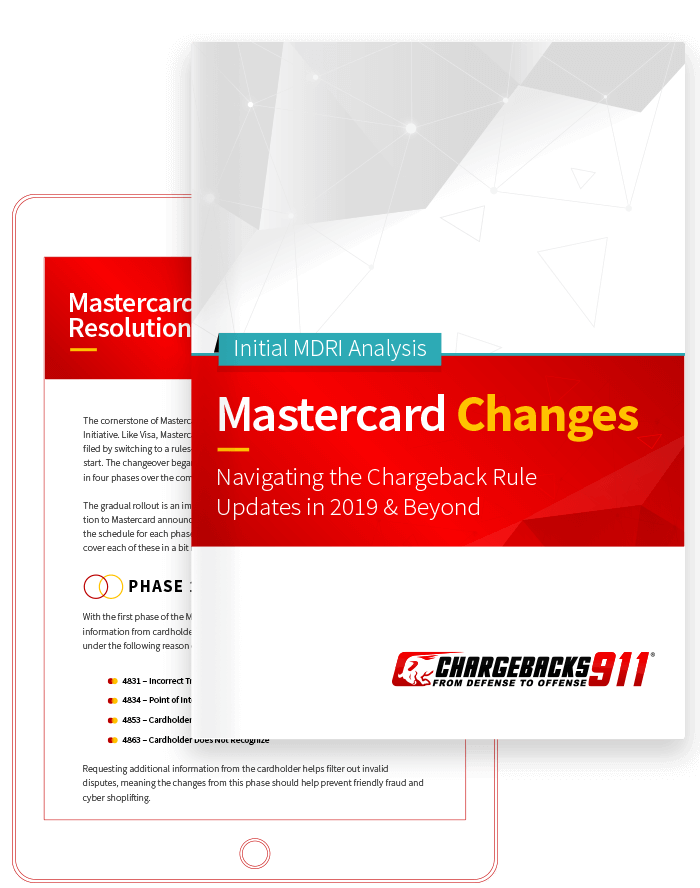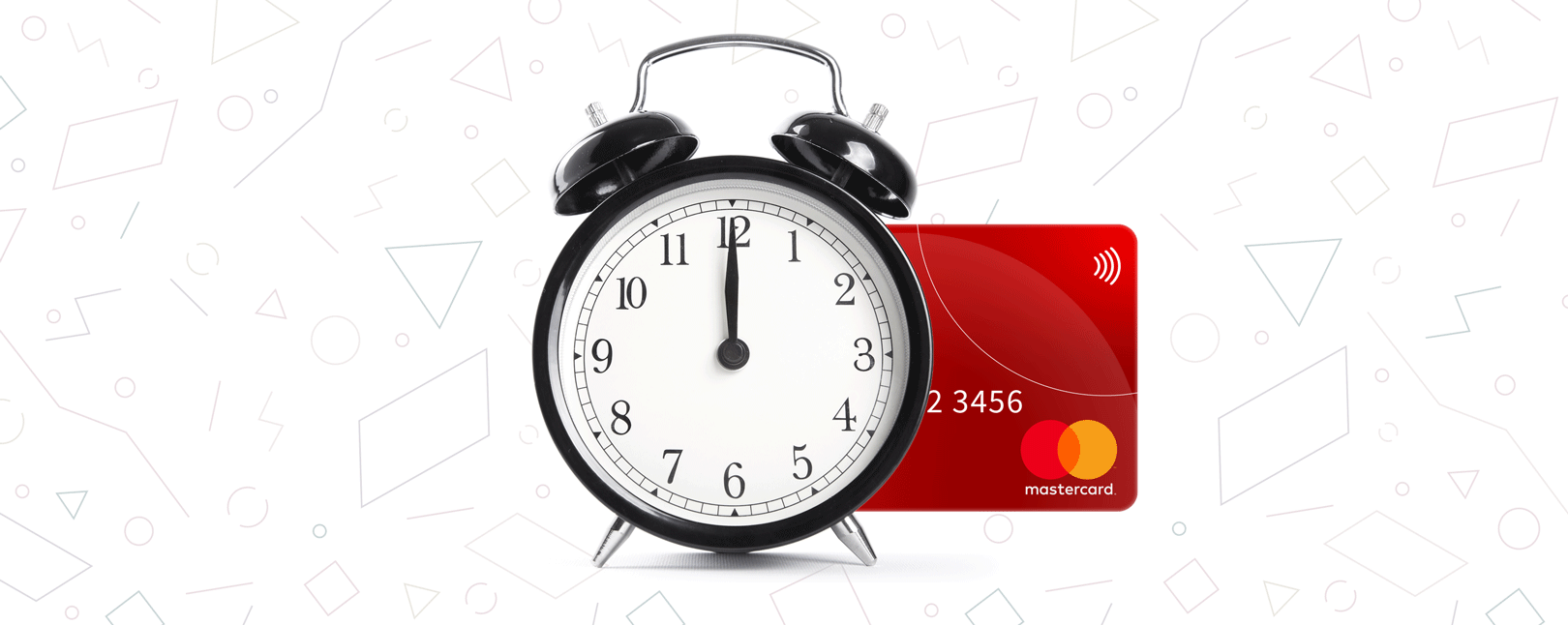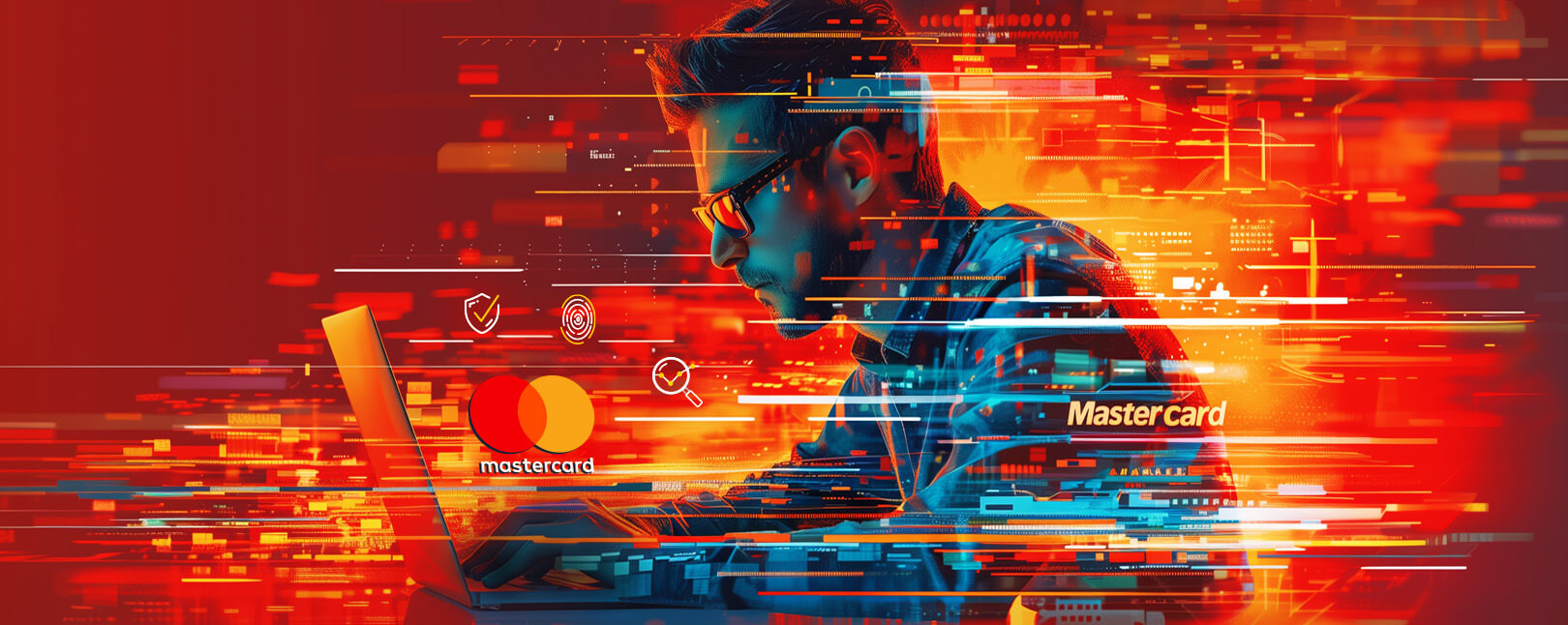About four years ago, major card networks Visa and Mastercard updated many of their rulesets to serve their customers better and help alleviate disputes leveraged against their merchant clients. Having made sweeping changes to many of their long-standing dispute response platforms, the networks vowed to address chargebacks head-on.
But, did the Mastercard Refund Authorization Mandate really deliver on that promise? The answer is a bit complicated.
Recommended reading
- Mastercard Dispute Resolution: What You Need to Know
- What is the Mastercard Chargeback Threshold?
- Mastercard Chargeback Time Limits: The 2024 Guide
- Stops Chargebacks With Mastercard First-Party Trust Program
- MasterCard DAF: The Dispute Administration Fee, Explained
- Here's the Rundown on Mastercard Chargeback Fees for 2024
What was the Mastercard Refund Authorization Mandate?
The Mastercard Refund Authorization Mandate is a ruleset adopted by Mastercard in late 2018. In simple terms, the rules shortened the time frame allowed for merchants to refund transactions.
Let’s assume a customer submits a return for a Mastercard-branded card transaction. As a merchant, you’d first provide the buyer a return transaction receipt or other official notification that you will process a refund. Previously, you had up to 15 calendar days to submit that return transaction to your acquiring bank for clearing. With the mandate in effect, Mastercard now requires you to initiate authorization requests for product returns within 24 hours.
Of course, issuing banks don’t always support refunds for certain card types. Non-reloadable prepaid cards are one example of this. You'll still need to have set policies and practices in place to handle these scenarios, though.

Mastercard Changes: Navigating the Chargeback Rule Changes in 2019 and Beyond
Like Visa with 2018’s VCR, Mastercard is implementing sweeping changes to its chargeback and dispute systems. Download our whitepaper to learn what changes are coming, and how to prepare.
Free DownloadThe new rules directly impact merchants and the acquirers who represent them. However, issuing banks can also play a role in the process. For example, issuers can include the unique identification code when submitting a request message. This will help speed up the process of matching refund requests to original transactions, enabling faster returns for cardholders.
View the full Mastercard rulesetWhat Did the Mastercard Refund Mandate Change?
The general idea behind the Mastercard Refund Authorization Mandate was for banks to begin handling refunds like general transactions. They would do this by providing notice of pending refunds and their amounts like any receipt. The mandate allows cardholders to view pending transactions and refunds on their statements, and observe updates in real-time.
On that note, two key updates were implemented by the Refund Authorization Mandate:
June 11th
2019
Both issuing and acquiring banks must support refund transaction authorizations.
April 17th
2020
Issuers need to list all pending refunds in cardholder-facing online banking apps. Merchants are required to initiate an online authorization request for every refund. Airlines are excluded from this requirement.
A transaction must now meet one of the following conditions before an issuer may submit an authorization-related chargeback:
Under the old system, refunds didn't show up on cardholder bank statements until the banks finalized them and the funds were returned to the cardholder's account. This can take several days, during which time the cardholder couldn't see any proof on their end that the refund had been initiated.
Why Was the Mandate Necessary?
The Mastercard Refund Authorization Mandate is part of a broader attempt to modernize the Mastercard chargeback process.
Chargebacks first appeared in the market almost 50 years ago. The rulesets governing the chargeback process haven’t kept pace with market innovations, like the development of eCommerce. Policy changes like the Mastercard refund authorization mandate represent a small step toward bringing this process into the 21st Century.
Previous rules often left gaps and loopholes that bad actors could exploit. For example, let’s assume you agree to accept a return or cancel a service paid for using recurring billing. Under pre-existing rules, issuing banks had the right to file a “Credit Not Processed” chargeback up to 15 days after the return or cancellation date.
These situations encouraged some buyers to contact a merchant and request a refund through the proper channels, then turn to their issuing bank and request a chargeback. The bank, unaware the merchant had already initiated a return, might erroneously approve the chargeback.
In the scenario outlined above, the buyer is, in effect, “double-dipping” on the merchant. It’s a situation sometimes called a double-refund chargeback. The cardholder gets a return from the merchant, and a chargeback from the bank, costing the merchant even more revenue than a chargeback on its own.
This could be an accident. For instance, maybe the cardholder simply did not understand the difference between a chargeback and a refund. Or, maybe they didn’t recognize the charge on their statement.
The Mastercard Refund Authorization Mandate sought to make the chargeback process fast and fair for all parties involved. As a result, you’re expected to file return transactions within 24 hours after approving a return.
Did the Mandate Help Stop Chargebacks?
Sure. To some degree, the Mastercard Refund Mandate helped prevent cardholders from double-dipping.
Has it had a major impact on chargeback abuse, though? Well…not really.
According to our internal research, we know that around 60% of all chargebacks are cases of friendly fraud. In these instances, a buyer files a claim that doesn’t hold up to scrutiny.
This is why we call the practice “friendly fraud.” Although the customer may not have intended to file a chargeback at the time of purchase, the result for the merchant is the same as any other fraud attack: lost revenue, lost merchandise, and higher fees. Still, other bad actors can engage in deliberate chargeback abuse; a practice called cyber-shoplifting.
The Mastercard Refund Authorization Mandate can’t address either of these scenarios. So, while Mastercard acknowledging the need for chargeback reform was a step forward...this particular step didn’t ultimately change much.
How to Handle a Declined Refund Response
Despite its inability to prevent all incoming chargebacks, the Mastercard refund authorization mandate brought a few much-needed improvements to the payments industry.
For example, the Mastercard refund authorization mandate allows customers to view and respond to refund data on their statements much faster than they could previously. This lets merchants reduce the likelihood and frequency of dispute-related inquiries. Quicker processing allows for swifter responses, saving time and money for both parties.
That said, merchants will receive a higher rate of refund declines than they did previously.
Declined refund responses can occur for a variety of reasons, but the most common causes are:
- The card used was reported lost or stolen
- The card used had been previously flagged for fraud
- The cardholder’s account was closed or expired
- The cardholder could not be verified
Thankfully, there are several steps you can take to manage refund declines. In combination with fraud prevention and chargeback management strategies, implementing preventative policies and practices can significantly reduce chargebacks and improve the customer experience. Some of these best practices include:
Perhaps the most important advice we can provide you with is to build and implement as many strategies for success as you can. Your best practices should include practical risk notification and management, in-depth data analysis, and mitigation strategies to help your business comply with card scheme rules. Use these to your advantage.
Learn More About Mastercard Mandates & Rules
Have additional questions about the Mastercard Refund Authorization Mandate? Want to learn more about the Mastercard chargeback process? Chargebacks911 has your back!
Our transparent, end-to-end solutions go beyond prevention. With Chargebacks911 in your corner, you can pivot from defense to offense and see genuine revenue recovery and future growth. Click below to contact one of our certified chargeback experts today.












